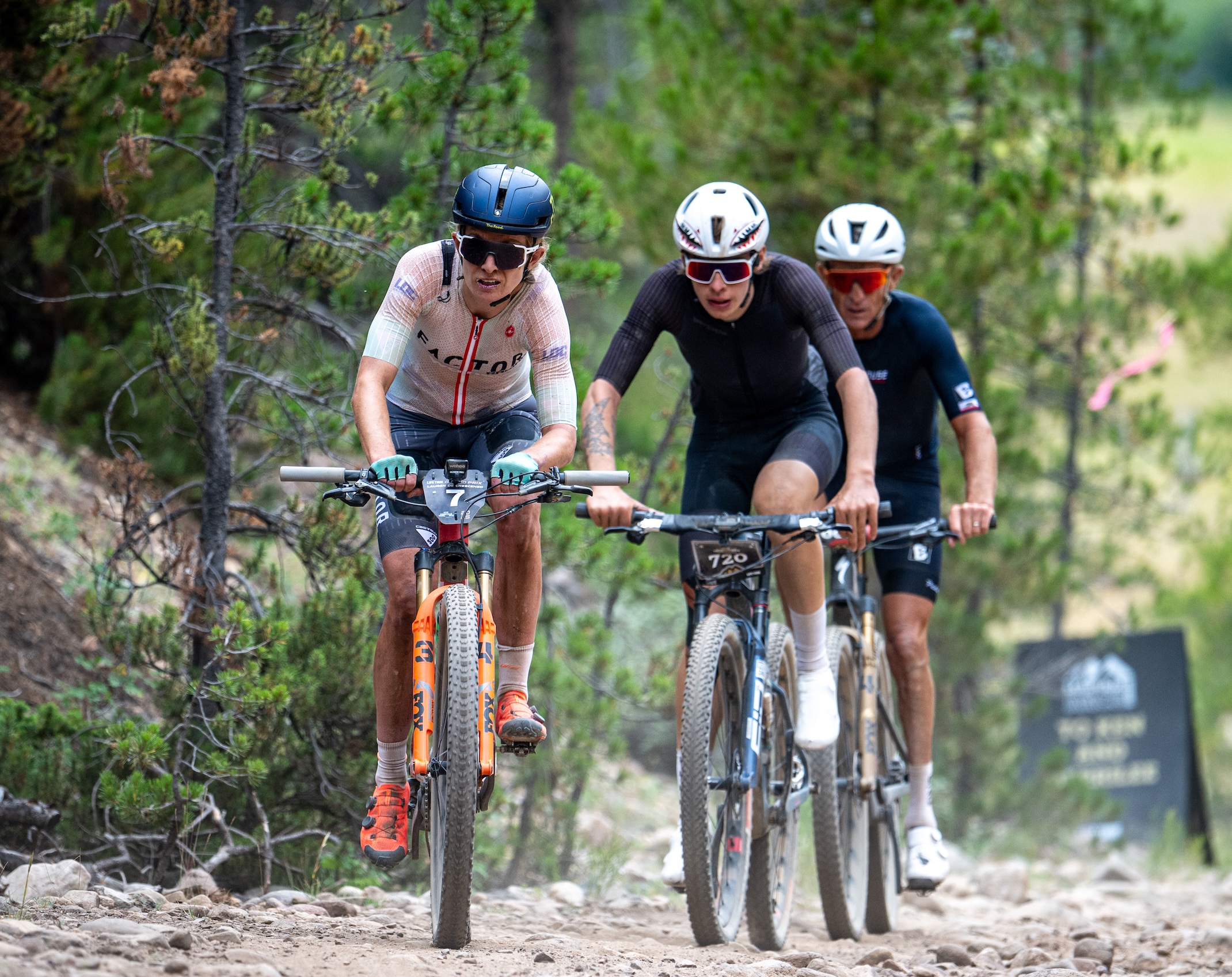Coppi remembered 50 years on from his death
A tribute to one of the greatest cyclists
The latest race content, interviews, features, reviews and expert buying guides, direct to your inbox!
You are now subscribed
Your newsletter sign-up was successful

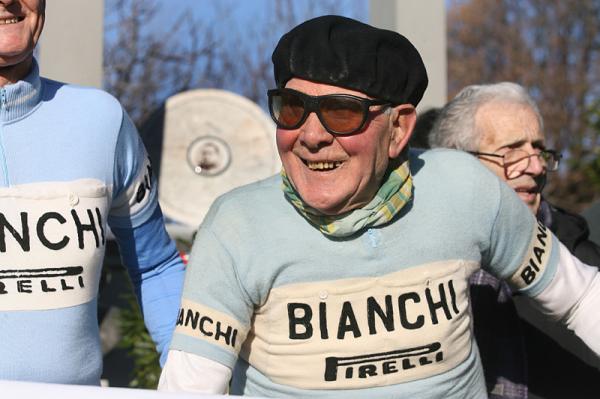
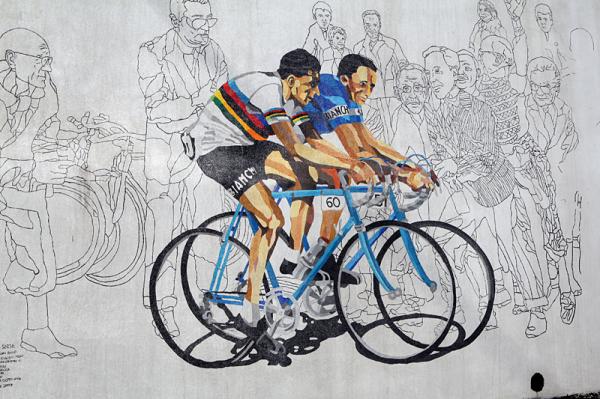
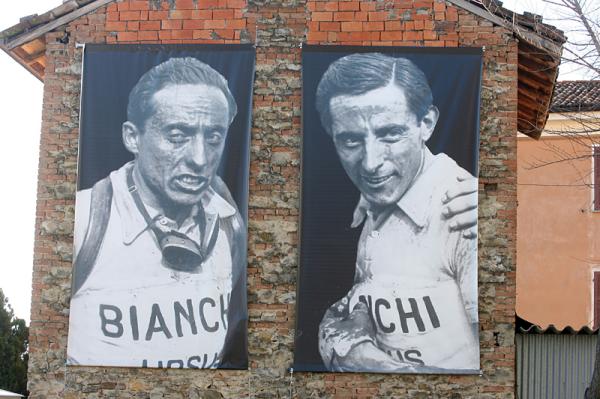
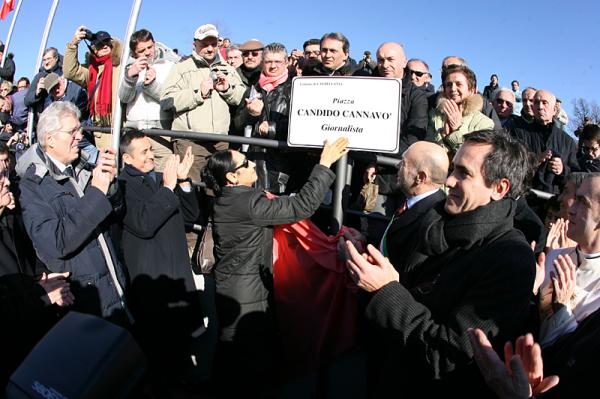
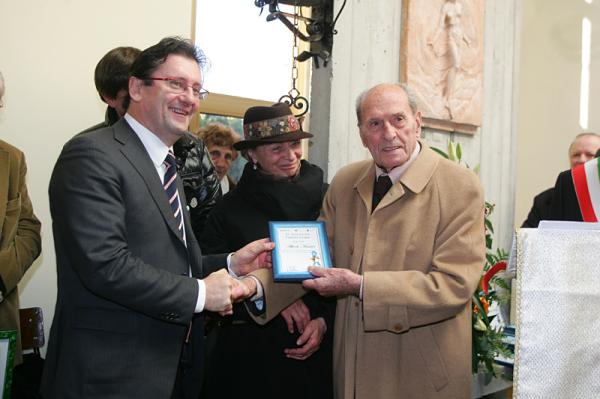
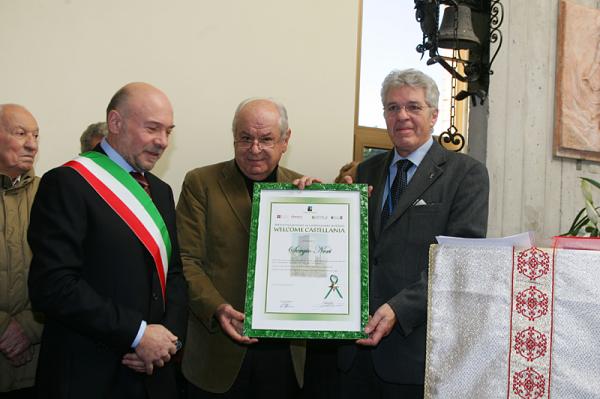
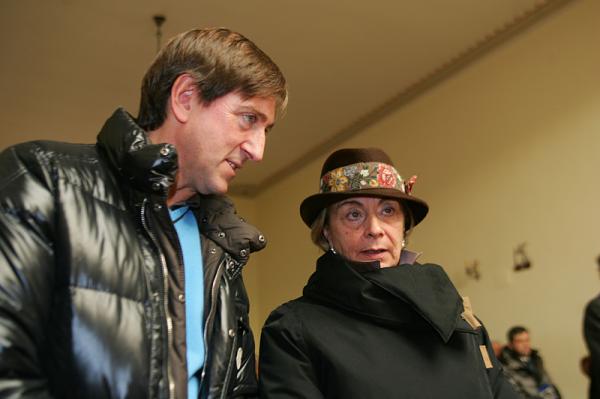
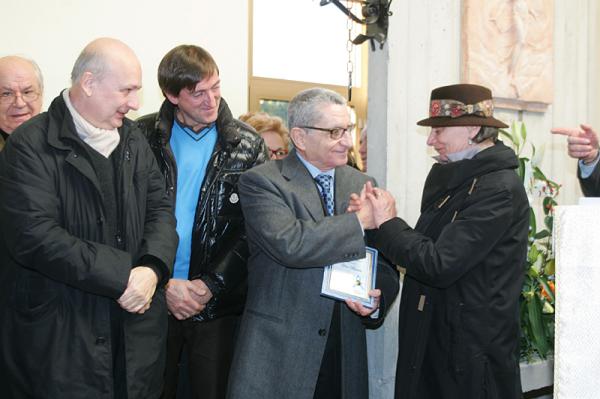
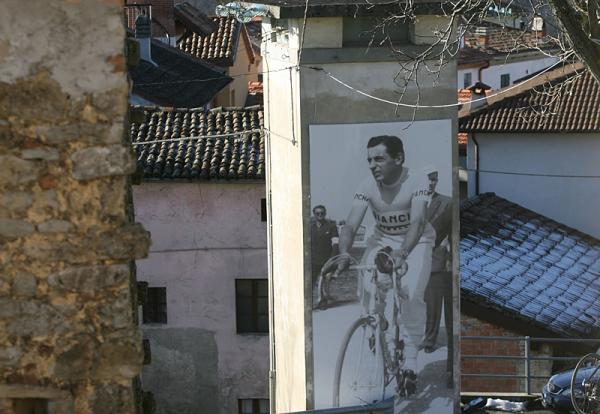
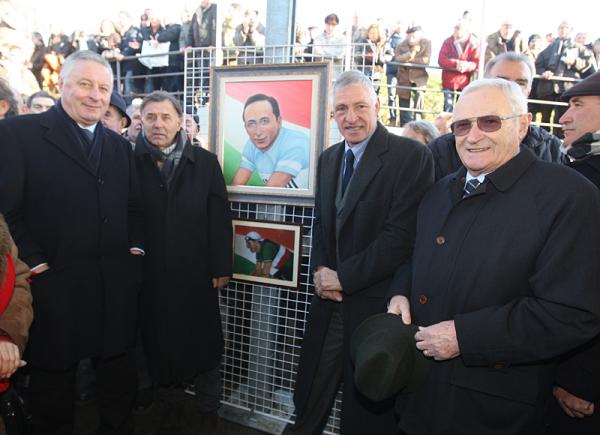
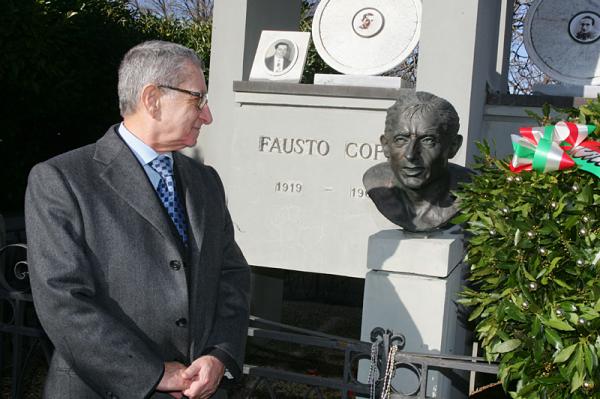
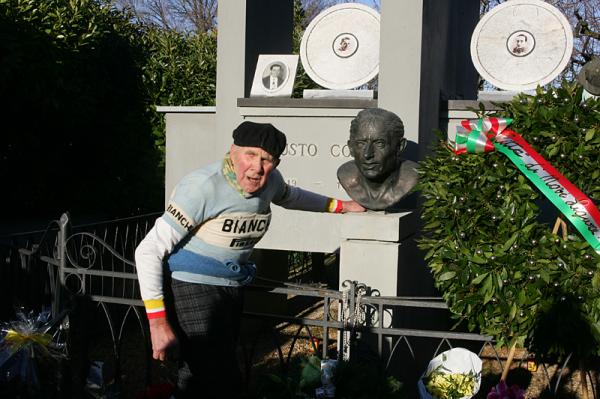
Saturday marked the 50th anniversary of the death of “Il Campionissimo”, Fausto Coppi. Five-time winner of the Giro d’Italia, twice a victor of the Tour de France and the hour record holder, Coppi succumbed to malaria contracted during a racing/hunting trip to what was then Upper Volta and is now Burkina Faso.
Hospitalised in Tortona in his home region of Piedmont in north-west Italy, Coppi asked his long-time domestique Ettore Milano who was at his bedside to “give me air”. Milano changed Coppi’s oxygen bottle, but the fever was too far advanced for Coppi to be saved. He was just 40 years old.
The greatest star of the post-war era, and still claimed by some as the greatest rider of all time, Coppi won 144 of the 666 races he started. Almost every success was a lone victory, most taken with little celebration such was the effort he demanded from his fragile frame.
Blessed with long legs and tremendous physical capacity, Coppi lost a good deal of his early career to the Second World War. Winner at the age of 20 of the 1940 Giro, he was captured by the British in North Africa and spent time in a prisoner of war camp working as a barber. On his return to Italy, he picked up on the road where he had left off, finishing runner-up to his great rival Gino Bartali in the 1946 Giro, then beating Bartali into second place the following year.
As well as victories in the major tours, Coppi also claimed the world title in 1953 and won most of the Classics, including three successes in Milan-San Remo, a Paris-Roubaix victory in 1950 and five wins in the Tour of Lombardy, four of them in successive seasons.
As his successes piled up, Coppi became a huge star in Italy and beyond. His notoriety was increased still further when he started a relationship with his doctor’s wife, Giulia Occhini, the so-called “Dama Bianca”. Married himself, Coppi was condemned by the pope for adultery and vilified in Italy. The son he had with Occhini, Faustino, was born in Argentina in 1955 to ensure his legitimacy.
Remembering his father on the 50th anniversary of his death this weekend, Faustino Coppi said it gave him “huge pride to carry the same name as my father. The people who knew him have told me what a great person he was, and that means a lot more to me than all of the races he won. He never turned down a request for an autograph or a greeting, he was a real champion.”
The latest race content, interviews, features, reviews and expert buying guides, direct to your inbox!
Much has been made of a story started by a French missionary that Coppi had been poisoned in Upper Volta in revenge for the death of a local cyclist, but Faustino believes there is nothing to the tale. “Why would anyone want to kill Fausto Coppi?” he asked. “I’m sure that it was simply a medical error. The suggestion that he was assassinated is pure fantasy. He died because they got his treatment wrong and too much time passed before they realised he had malaria because they initially thought he had flu.
“Raphael Geminiani, on the other hand, who shared a room with him during the trip, quickly recovered from the same illness [having been correctly treated for malaria in France].”
One of his great rivals, Federico Bahamontes, recalled over the weekend how had persuaded the Spaniard he could win the Tour de France. “He had never been hunting with greyhounds and so I invited him when he was staying with me during the winter in Toledo. He told me that I shouldn’t just make do with winning the mountains title [at the Tour], that if I had a team built around me I could win it. I signed with his time, Tricofilina, and I won the Tour with the Spanish team.
Speculation is sure to continue on the titles that Coppi might have won had the Second World War not intervened. But those he did win place him high in cycling’s list of greats alongside Eddy Merckx, Bernard Hinault and Lance Armstrong.
Peter Cossins has written about professional cycling since 1993 and is a contributing editor to Procycling. He is the author of The Monuments: The Grit and the Glory of Cycling's Greatest One-Day Races (Bloomsbury, March 2014) and has translated Christophe Bassons' autobiography, A Clean Break (Bloomsbury, July 2014).
